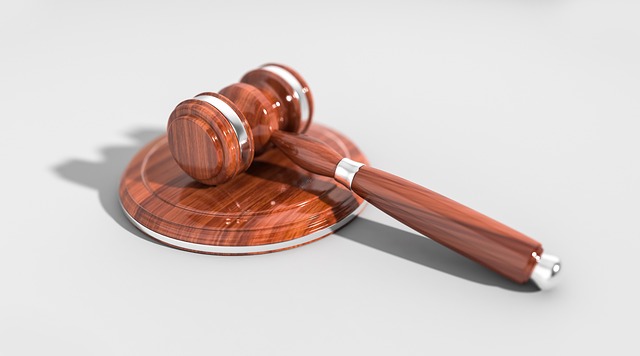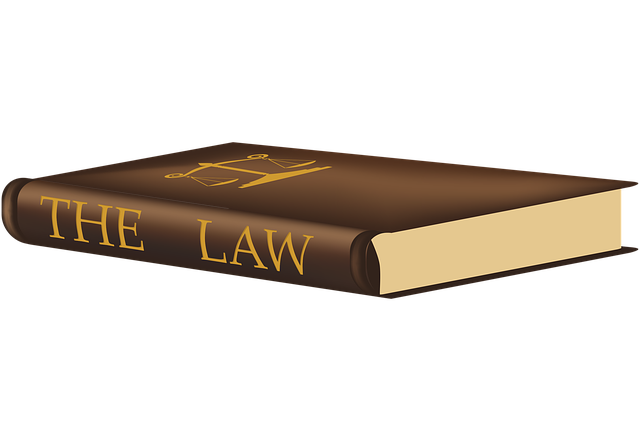To build a strong case for a defective drug attorney, gather comprehensive medical records detailing all medications and adverse reactions from various sources. Systematically categorize adverse reactions by severity, duration, and treatments. Consult experts in pharmacology, toxicology, and clinical research for credible evidence to validate claims against manufacturers or distributors involved in nursing home abuse, negligence, or wrongful death.
When navigating a defective drug case, thorough documentation of medical effects is crucial. This comprehensive guide assists you in understanding the process, ensuring you have the necessary evidence to support your claim as effectively as possible. From gathering medical records and identifying adverse effects to consulting experts for credible testimony, each step plays a vital role in strengthening your case against a defective drug manufacturer. Empower yourself with knowledge; discover how these strategies can empower your journey as a defective drug attorney.
- Gather Medical Records and Documentation
- Identify and Organize Adverse Effects
- Consult Experts for Credible Evidence
Gather Medical Records and Documentation

When building a case for a defective drug attorney, the first step is to gather comprehensive medical records and documentation. This includes all medications taken by the patient, including over-the-counter drugs and prescription medicines, as well as detailed accounts of any adverse reactions or health issues that may be linked to the drug in question. It’s crucial to obtain these records from healthcare providers, hospitals, clinics, and pharmacies.
Additionally, consider gathering evidence related to caregiver abuse, auto accident attorneys, or nursing home neglect if these circumstances are relevant to the case. These documents can include medical reports, hospital discharge papers, prescription refills, and any communication with pharmaceutical companies regarding the medication. This extensive documentation will serve as concrete proof, aiding a defective drug attorney in presenting a compelling case for compensation and justice.
Identify and Organize Adverse Effects

When documenting medical effects for a defective drug case, the first step is to meticulously identify and organize all adverse reactions associated with the medication. This involves sifting through patient records, hospital reports, and any available clinical trials or studies to compile a comprehensive list of symptoms. Each entry should be detailed, noting the severity, duration, and any relevant treatments administered. Organize these effects by category—such as cardiovascular, neurological, or gastrointestinal—for easier reference.
A systematic approach is crucial for a defective drug attorney to present a compelling case. By categorizing and documenting these adverse effects, legal professionals can effectively illustrate the medication’s potential harm, supporting claims for compensation through accident settlements or accident compensation plans, especially in cases involving elder law concerns. This thorough documentation serves as a vital tool to advocate for those affected by defective drugs.
Consult Experts for Credible Evidence

When building a case for a defective drug attorney, it’s crucial to bolster your claims with credible medical evidence. Consulting experts in pharmacology, toxicology, and clinical research can provide insights that validate your case. These professionals can analyze the drug in question, its manufacturing process, and potential side effects, offering detailed reports and expert witness testimony. Their involvement significantly strengthens the argument against drug manufacturers or distributors responsible for nursing home abuse, medical negligence, or even wrongful death cases related to defective medications.
Engaging with these experts ensures that your case is underpinned by scientific rigor and increases its credibility in court. Their contributions can help demonstrate a direct link between the defective drug and resultant harm, making it easier to secure justice for victims of such pharmaceutical mishaps.
When documenting medical effects for a defective drug case, comprehensive and organized records are key. By gathering extensive medical documentation, identifying adverse outcomes, and consulting expert opinions, you equip a defective drug attorney with powerful evidence. This strategic approach ensures a robust case, ultimately aiding in achieving justice for those harmed by defective medications.






